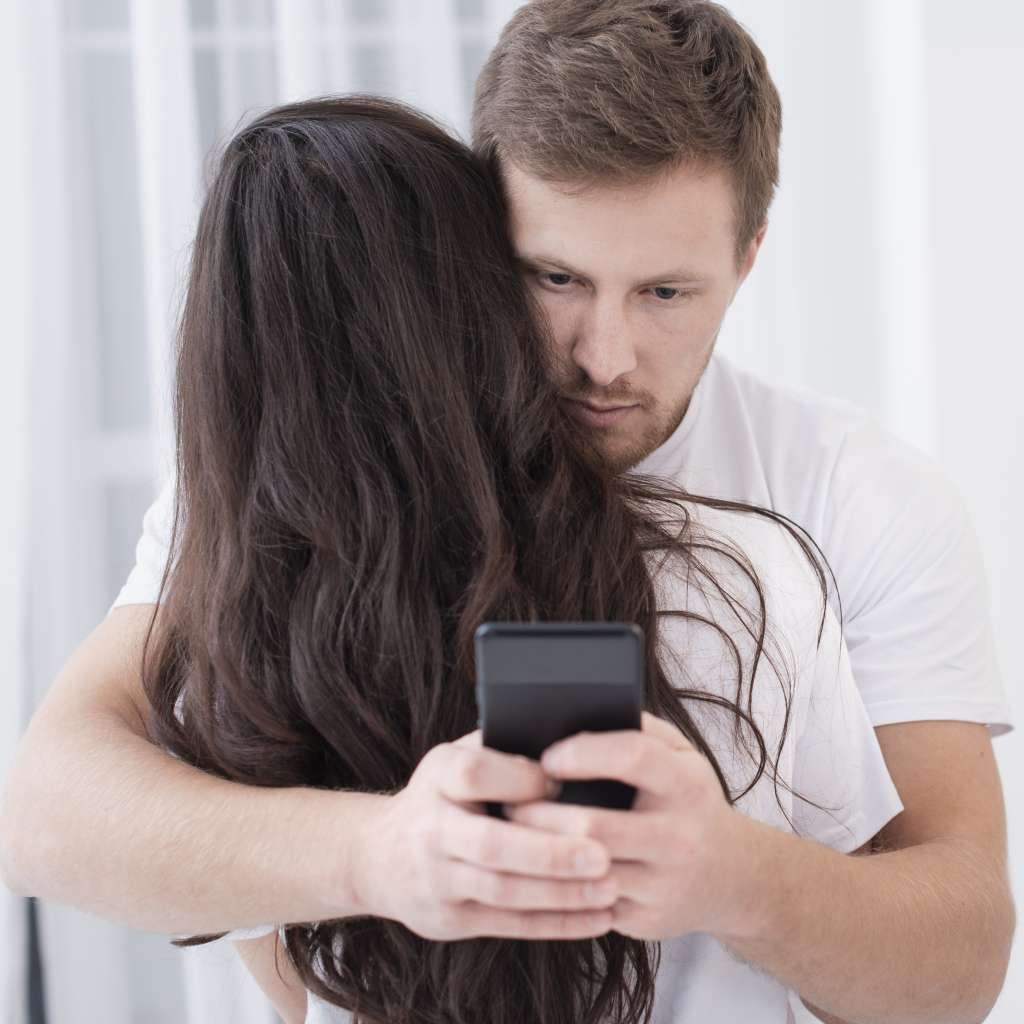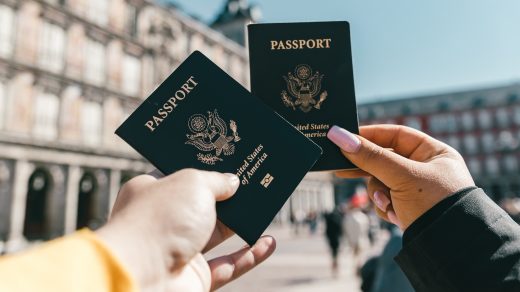Written by: Akif Aliyev
Its 9am on a March morning when I wake up and instinctively roll to my side, pick up my phone and begin my morning routine of mindless social media scrolling just like millions of others around the world. A practice so regular and subconscious at this point that one seldom questions why this must be the very first action of their day. Only this time something is very different in my carefully curated feed of predictable media, its showing the same thing everyone else is seeing; CO-VID19. Lockdowns, closures, cancelled concerts, no flights, no university, no outside. No matter what the headlines read, they all meant one thing. I’m stuck inside with my marriage from hell.

How did we get here? But more importantly, whats different this time? Put simply, this time there is far less socially acceptable alternatives to putting your phone down and socializing, or so we are told.
There is no denying that the last decade has shown us a growth in social media so unprecedented that it has become second nature to real life. What simply started as a tool of communication has rapidly expanded to become our news source, marketplace, entertainment, and bulletin for every political opinion we’ve had under the sun. It knows what snacks we crave at 3am and aptly places advertisements for them, what clothing we need to dress our newly acquired persona in according to our celebrity crushes, and certainly when we are lonely and the most vulnerable. It is our wildest dream and worst nightmare coupled together, and there is no way – no matter how toxic – that we are turning away from it in the era of pandemics.
In this new world, working from home, virtual graduations and online concerts are just some examples of the overnight changes in human behaviour we have demonstrated as a mechanism of coping with lockdown. Whatever the stage of progress, it is becoming increasingly clear that the current pandemic is not a passing phase and will in many senses alter normal life in an irreversible manner. Data analysts and social media experts are already catching onto unexpected trends that seem to depict how as humans we are grappling with the loneliness of being chained to our devices in a toxic and repetitive wedlock.
For starters, we miss seeing faces, hearing voices. While I’m sure every one of us used to wince at the thought of answering a phone call rather than just proceeding through text, early data has shown a drastic spike in the use of audiovisual communication platforms worldwide (such as Duo or Houseparty). Moreover, institutions, workplaces and businesses have revived the very stagnant market of video conference services that pre-pandemic served very little purpose other than as chat rooms for gamers and obscure sub communities on the fringes of the web. Working remotely from home posed challenges that made such services indispensable overnight, we have suddenly become entirely dependent on a handful of applications that keep our schools and businesses running one way or another. This is all very convenient in essence, but has rightfully so sparked major privacy and security concerns.
One of the most well known characters of our lockdown era has become the infamous Zoom, a videoconference application that served as our primary access to schooling and education all over the world. Zoom is the reason why our dreams of temporary freedom were quickly halted as institutes rapidly made a switch to remote learning. Despite its apparent valuable service, Zoom – along with many other platforms – has been under heavy scrutiny for its lack of security and data privacy. Primarily, the concerns revolve around the managements ill preparation and apathy in addressing such issues. We have all seen one too many videos of hacked webcams on Zoom to our amusement, but little attention has been payed to the danger posed by such flimsy privacy protection. This new phenomenon that is emblematic to lockdown culture has appropriately been named Zoom Bombing and is not always as innocent as a classmate with a funny webcam background. In late March, two webinars on antisemitism were infiltrated and disrupted with swastikas, antisemitic slogans and ethnic degradation. Today, incidents of virtual infiltration and hacking are only on the rise, what does this mean in the era of lockdown when such services have become crucial?
Perhaps most impactful is the fact that, in the era of pandemics, it seems as if we are gradually losing even our right to question our privacy needs. The sudden switch to an almost entirely digital world was not just unprecedented, but grossly nonconsensual. No one was given the choice whether they would like classes on Zoom or any other platform, whether they would be allowed to keep their webcams off for completely rational privacy concerns, or whether they are okay with their location data being tracked for purposes of contact tracing. It all happened too fast and posed too great an economic and social risk for privacy consent to be a frontrunner issue. The only constant seems to be the fact that our ever increasing dependency on our devices and the digital world is only about to get stronger. Will we ever be able to divorce ourselves from this addiction? Should we want to? Is this a very natural evolutionary phase that we have entered and cannot bypass? All I know is my eyes are tired of all the screens I am obligated to gaze at, I want a divorce.
What do you think about our growing dependency on the digital realm? Let me know in the comments!



Dear Akif,
First of all, I really enjoyed reading your article, as you managed to skillfully tell a story, while also stating facts, without losing the reader’s attention. Your writing style managed to contemplate a storyline while building your arguments and coming to a thought stimulating conclusion.
I found your metaphor very fitting, as the bond between digital media and ourselves does feel like a sort of legal contract and obligation, as some would say marriage is. I myself wonder how a ‘divorce’ would look like, if it is even possible, considering the obligations we have in the current life phase we are in. As you said, if I did decide to quit any social media, use no digital platforms, how would I then be able to participate in classes and continue my degree? What would that look like? As an indivual going against an entire system that relies on digital means, I would end up being the one to eventually readapt and quit my ‘digital detox’.
Then again, one could argue that it has come to this due to the global pandemic and I would normally be able to just attend classes and seminars like I used to.
Thank you challenging me to think again about what sort of relationship one has with the internet and the digital world. Whether it is a marriage from hell, a hate love relationship or just an obsessive partnership…I guess it is up to us to find out how we can escape it and redefine our ‘relationship status’.